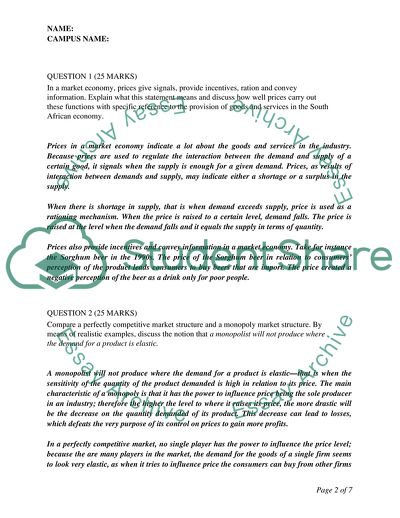Cite this document
(Global Marketing Issues The Power Of Monopolists Assignment - 19, n.d.)
Global Marketing Issues The Power Of Monopolists Assignment - 19. https://studentshare.org/marketing/1713883-economics
Global Marketing Issues The Power Of Monopolists Assignment - 19. https://studentshare.org/marketing/1713883-economics
(Global Marketing Issues The Power Of Monopolists Assignment - 19)
Global Marketing Issues The Power Of Monopolists Assignment - 19. https://studentshare.org/marketing/1713883-economics.
Global Marketing Issues The Power Of Monopolists Assignment - 19. https://studentshare.org/marketing/1713883-economics.
“Global Marketing Issues The Power Of Monopolists Assignment - 19”. https://studentshare.org/marketing/1713883-economics.


